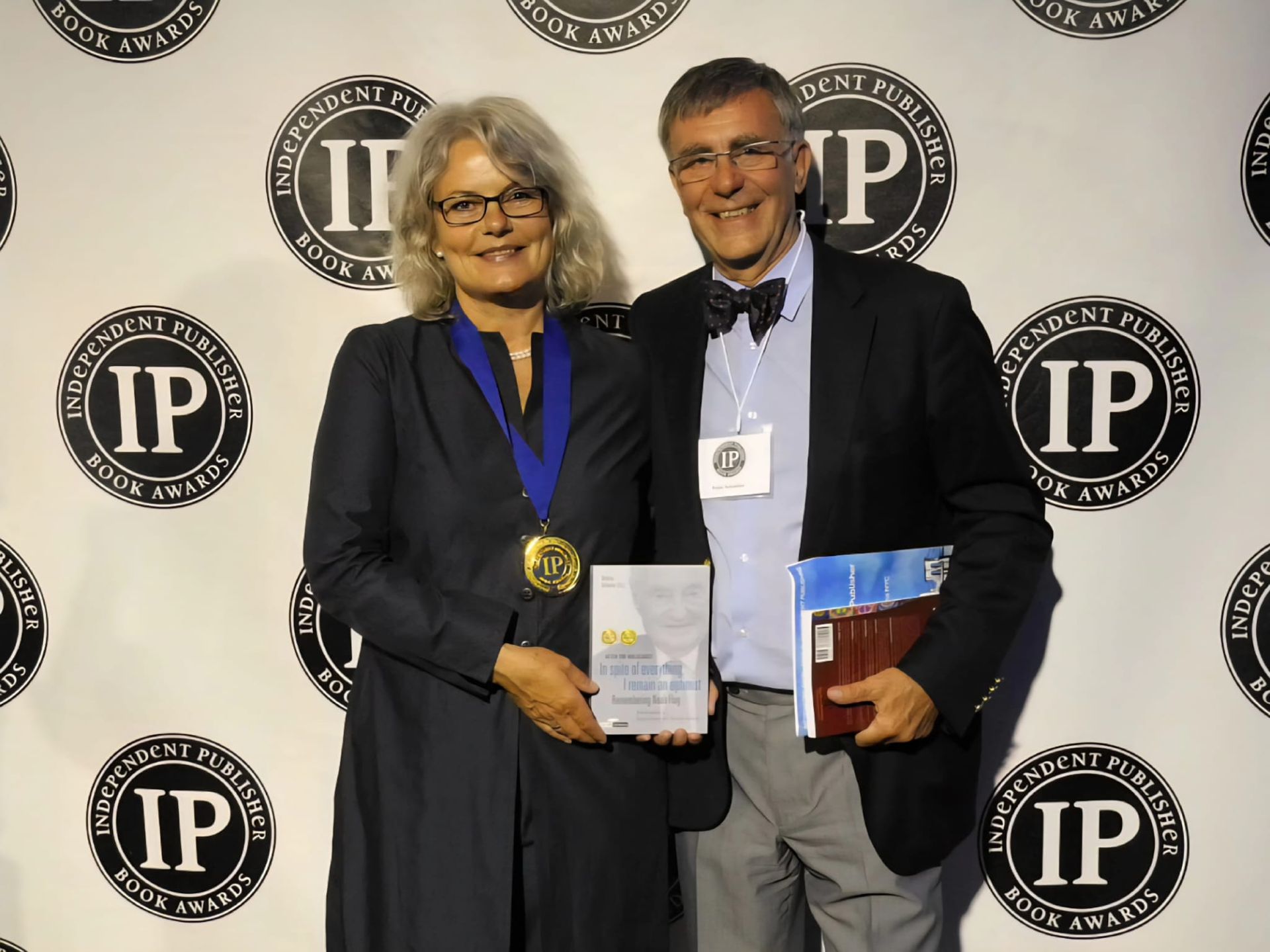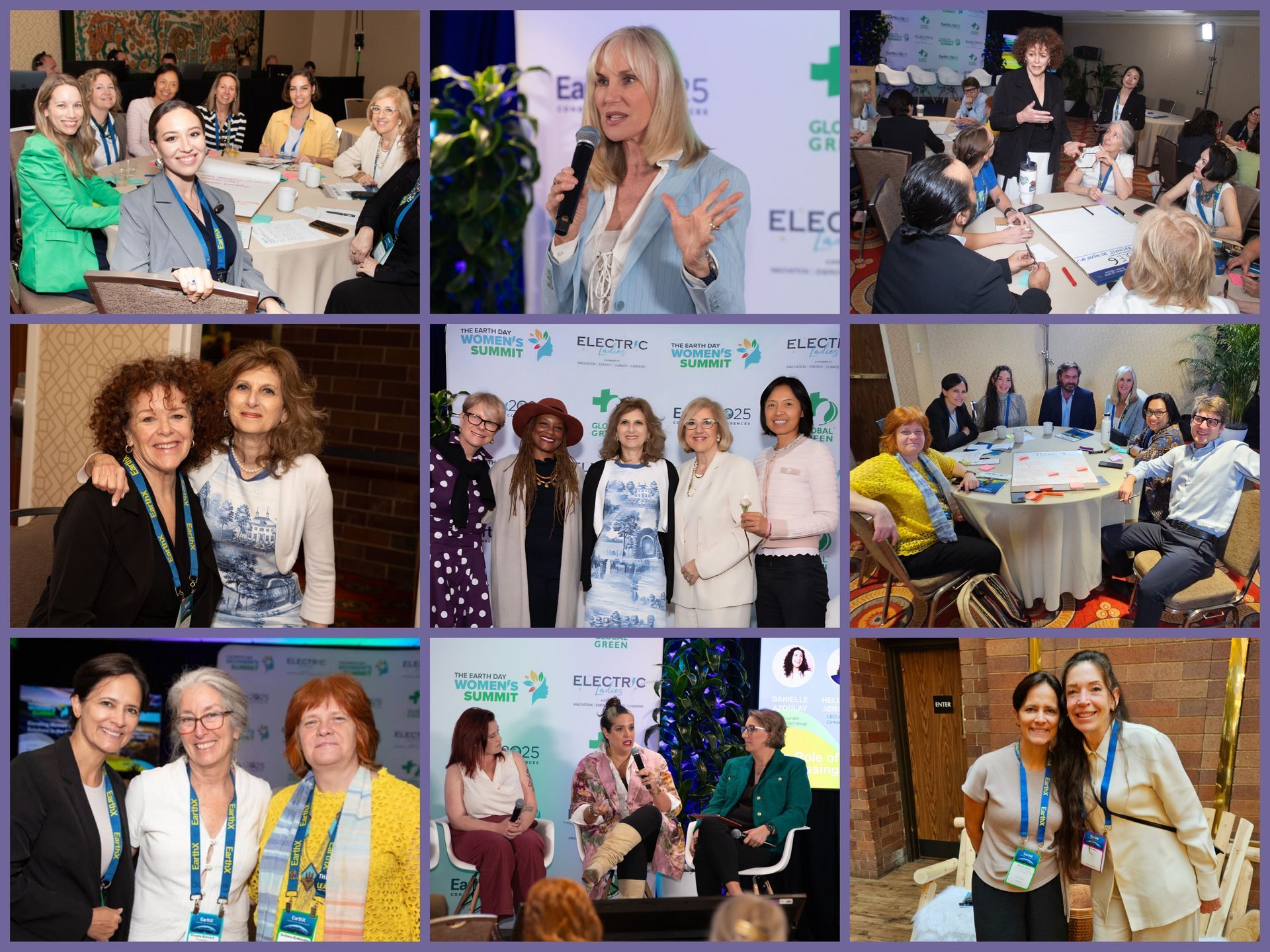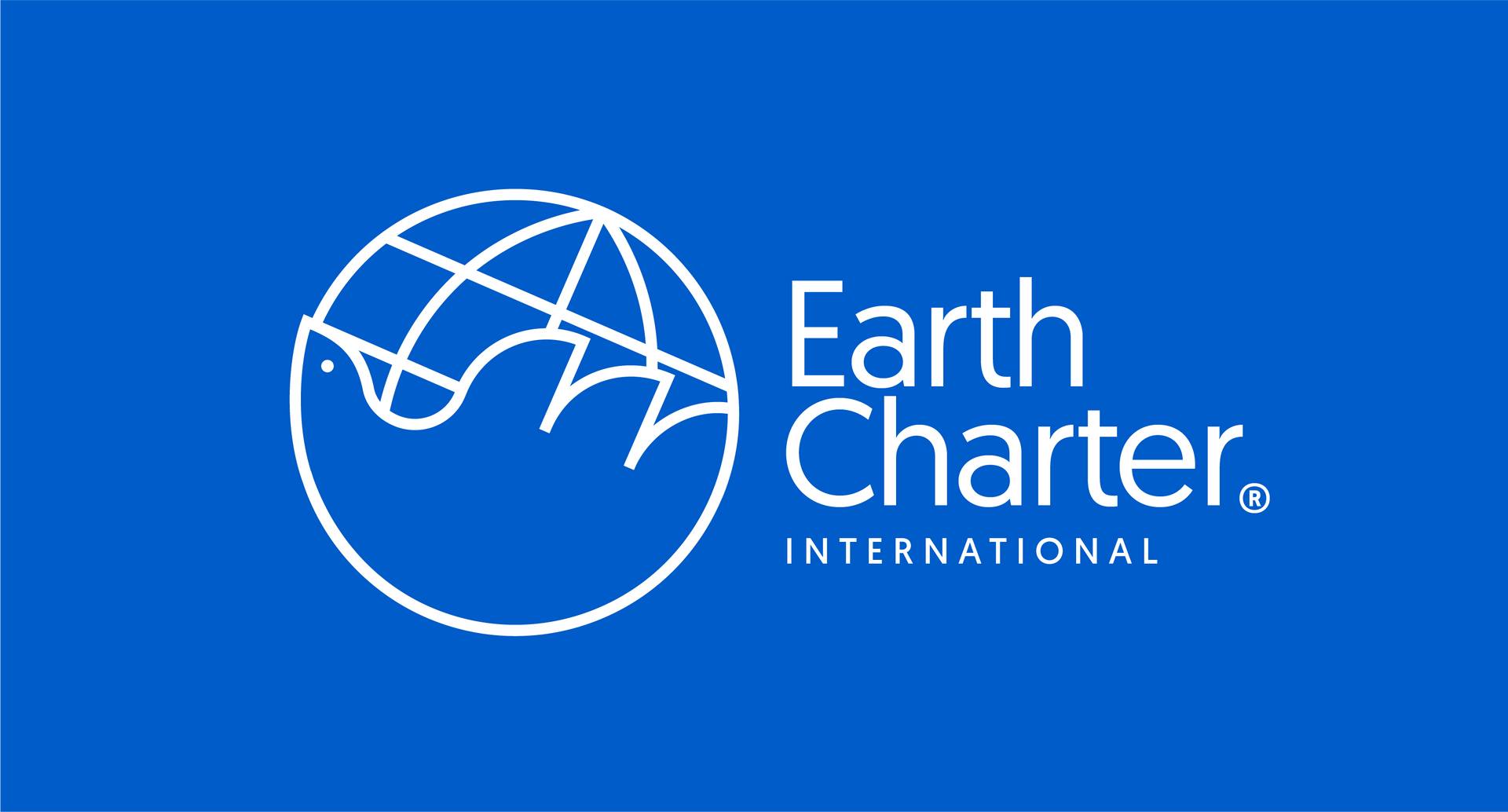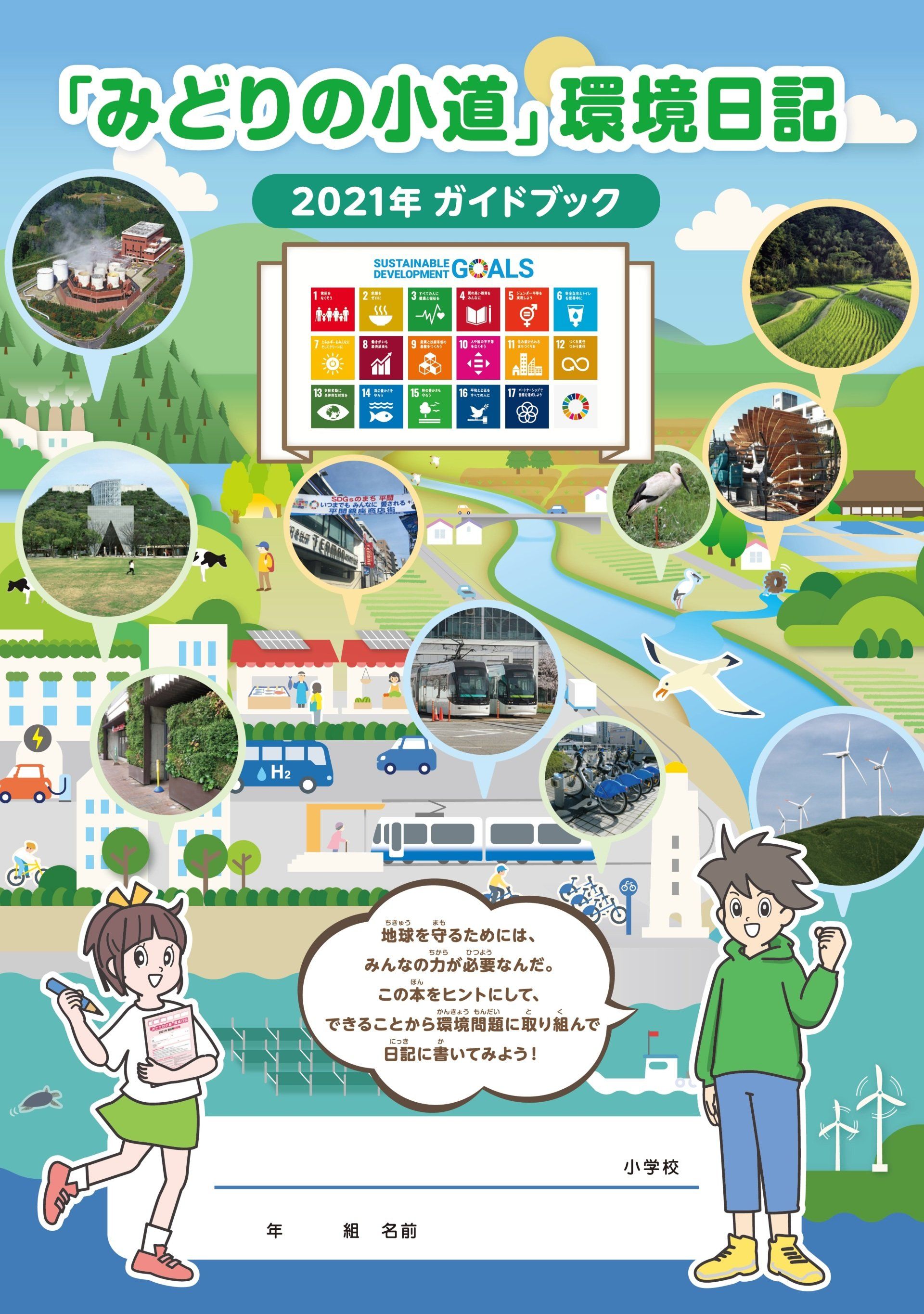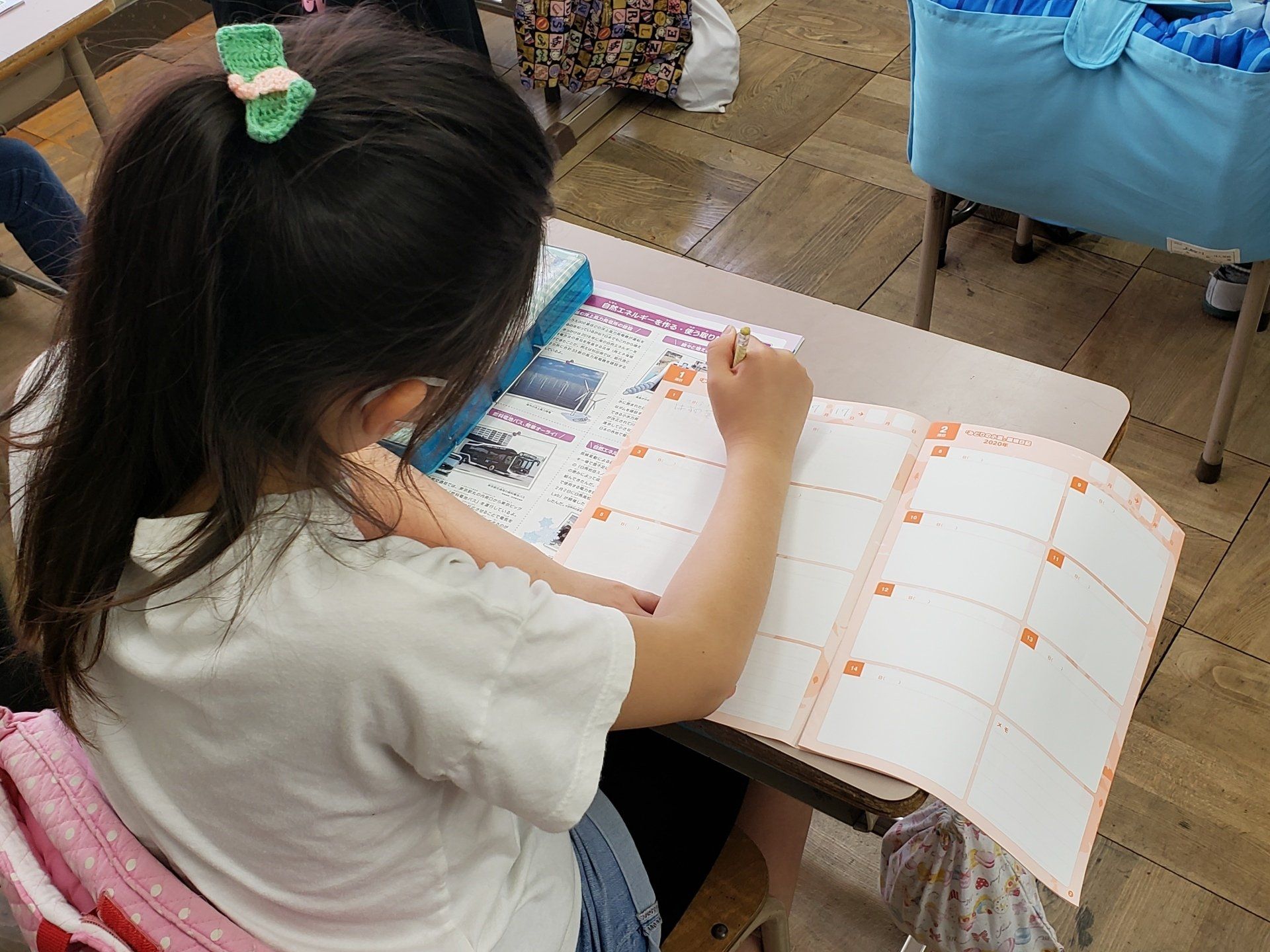GCI’s Marie-Laure Vercambre Introduces Transboundary Cooperation to Students of the University of Geneva
GCI Office • January 30, 2018
GCI’s Marie-Laure Vercambre Introduces Transboundary Cooperation to Students of the University of Geneva
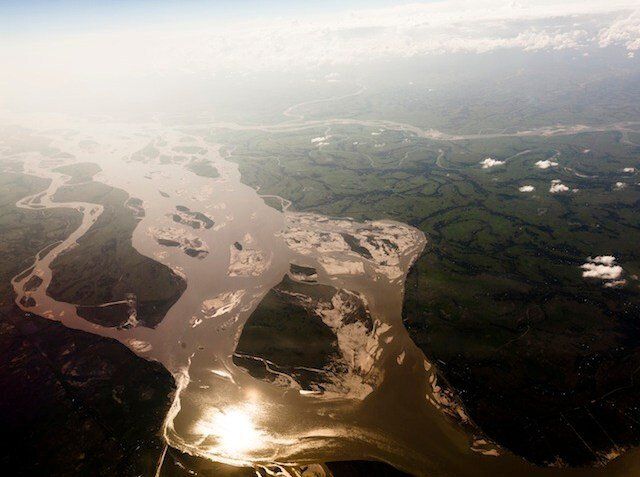
Marie-Laure Vercambre has been leading GCI’s efforts to promote and ratify the UNWC’s convention for nearly 10 years. Her first hand experiences and input are invaluable for those who may one day influence and shape policies on similar issues.
She used this platform to emphasise the importance of cooperation at all levels as key towards the success of the UNWC. To demonstrate GCI’s insight on the competing perspectives influencing the Convention, Ms. Vercambre presented workshops promoting dialogue between jurists, policy-makers, government, local communities, the private sector and other relevant stakeholders. One such workshop, organised in the Ivory Coast for key Ghanaian and Ivorian stakeholders, saw participants discuss the effects of poor practices by local fishing, farming and small-mining activities on the Bia River, which is a resource shared by both countries. They also identified solutions to reduce these negative effects.
There are 276 transboundary freshwater lake and river basins worldwide, however only 40% of these are managed through agreements. Ms. Vercambre said that raising awareness about the economic and socio-political benefits of ratifying the UNWC, amongst the public and relevant stakeholders, could lead to accelerated action.
Following the webinar, Ms. Vercambre stated that: “Transboundary cooperation over shared waters has come a long way since Green Cross started addressing the issue in the late 1990s. We are grateful for the support we received and for all that was accomplished with our partners.” She also added that “this webinar was an excellent opportunity to exchange with the student community and we thank the Geneva Water Hub and the DiploFoundation for organising it.”
Also speaking at the event was Dr. Makane Moise Mbengue, a professor at the Faculty of Law and the Institute for Environmental Science at the University of Geneva. An expert consultant for the United Nations Environment Programme (UNEP), the International Institute for Sustainable Development (IISD) and the African Union, amongst others, Dr. Mbengue also promoted the UNWC’s ratification – highlighting, however, that implementation could be challenging because of previous agreements that were already in place. Watercourse States are allowed to enter into other agreements, and the UNWC’s implementation does not supersede previous agreements. In Dr. Mbengue’s view, the main challenge in implementing the UNWC is the complicated and confusing legal implications of overlapping agreements.
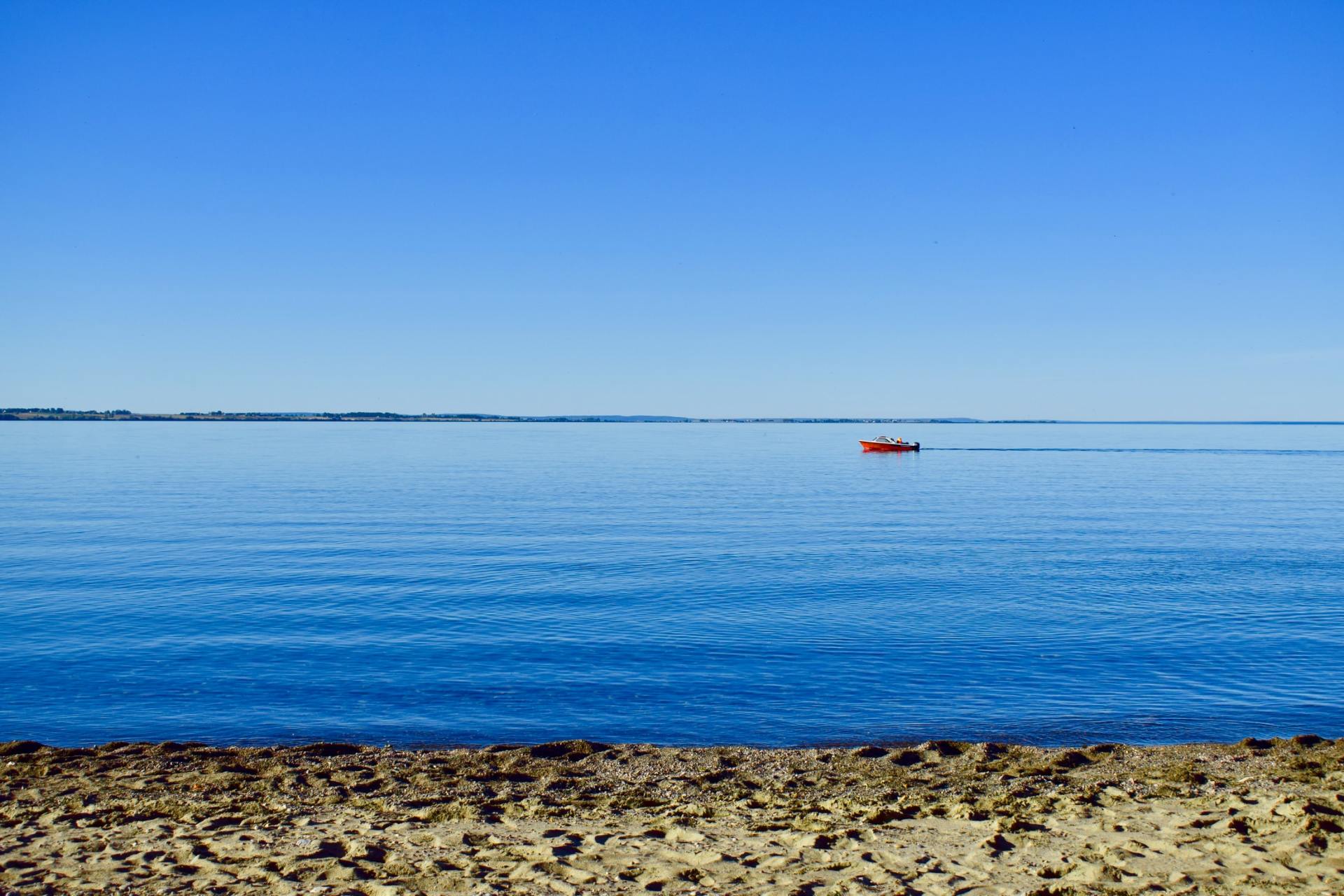
One of Europe's biggest freshwater lakes. VÄTTERN BELOW THE SURFACE (Documentary 2020) Lake Vättern Below the Surface This documentary brings forth new perspective of Swedish water management. This film is an example of how water management can be risking human health and water quality, not only in Sweden but in countries worldwide. The problem is most of the countries in the western world does not have a functioning water management, nor do they have field personnel or fully employed environmental diving inspectors checking the ecosystem below the surface. Eurofins, a major company in Europe testing for different toxins and substances, can today only provide data on approximately 300 substances. From a average sewer plant there can be an outlet of some 10 000 to a 100 000 chemicals. We cannot see chemicals, but we can see the effects when we dive. What we see are dead ecosystems at the bottom of lakes with algal blooms containing toxic cyanobacteria as a result of chemical discharge. These cyanotoxins are today linked with human diseases such as ALS, Alzheimer's and Parkinson, to name a few. The problem is we don't really know how many toxins there are in our drinking water, or in the food we eat. The film Lake Vättern Below the Surface documents this issue. The international community must begin to reevaluate how we are going to solve this problem. After you view this film some things to consider and discuss are the following topics below. These challenges we now see can easily be solved in a first stage. What is needed is to assess the level of toxic discharge there is in national water systems. We need to begin by digitizing all outlets and create an overview map of the difference in toxins found in the water systems. Then an overall plan can be tailormade made for the infrastructure in country and for the local communities. A common sense example is that placing heavy industrial complexes upstream freshwater lakes which are utilized for drinking water is not a good idea. Sweden has already solved the first stage and created a database showing the direction all water flow in the country, meaning the surface water and most of the groundwater. If a lorry with toxic cargo tips over we can follow the contamination downstream in the database and see how it affects the water system. What the country of Swedish has not realized is that we have laid the foundation for a much bigger database. Within this system we have the possibility to register the toxic discharge that is currently approved by the government. We can for example register into the database the estimated 6,000 covered dumping sites currently leaking toxic wastewater, as well as our thousands of sewer plants, industrial outlets, and the dumping locations of munition materials by Armed Forces. This can be done to provide an overview to assess the impact of the chemical outlets to our water systems. The governments have the necessary data to make this happen. This can be an effective tool to control and stop to sensitive ecosystems and keep our citizens and future generations safe. The next two steps involve diving and field personnel to survey the water systems and assess the state of ecosystems below the surface, in each country. Most important is to begin researching the methods for sampling the thousands of chemicals in our water. If we do not stop the dissemination of toxic chemicals today it could take years into the future before we solve what will become an even greater challenge to provide clean water, which is safe to drink. We need to know what our water contains to keep people, animals and the ecosystem out of harm's way. Water security will also be a major challenge for governments worldwide with the challenge of climate change. Green Cross Sweden, together with Green Cross international, are in talks with the water researchers behind this film to create a pilot studies in several countries that can address this issue or water management internationally on an global scale. Together we can change the world towards a sustainable future. - Andreas Vos Board Member, Green Cross Sweden
